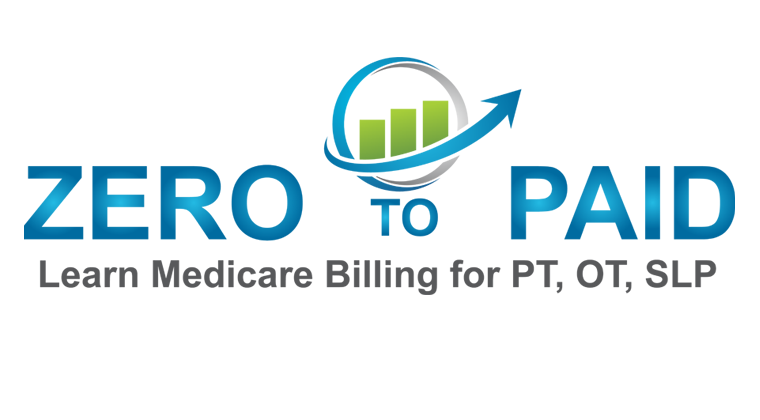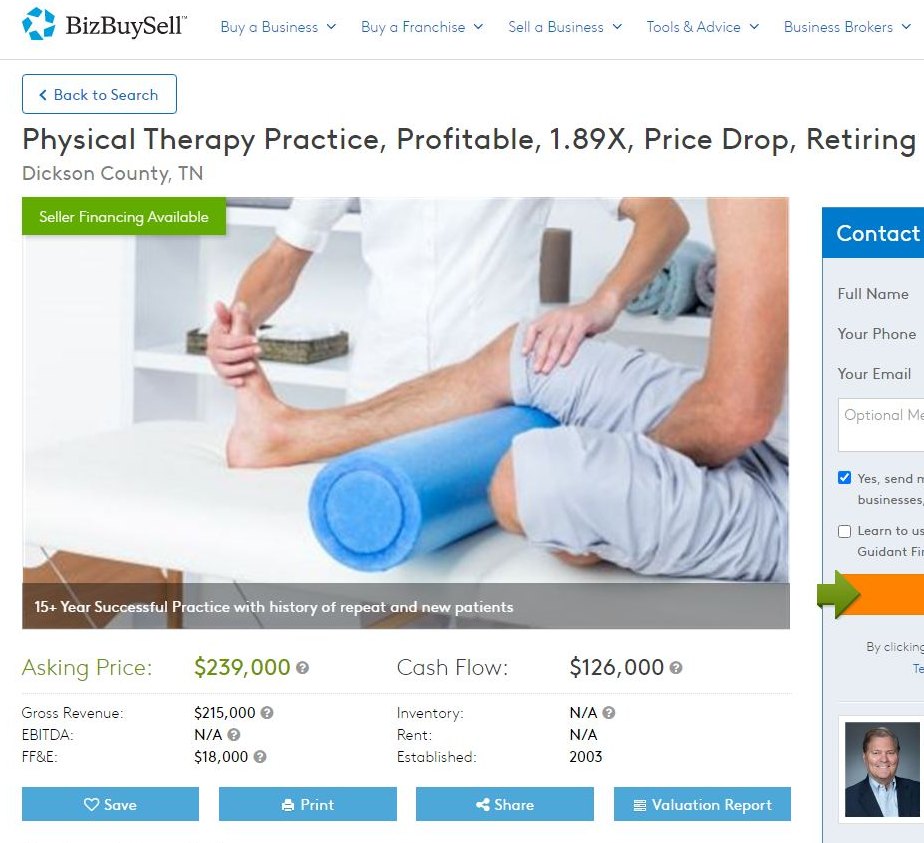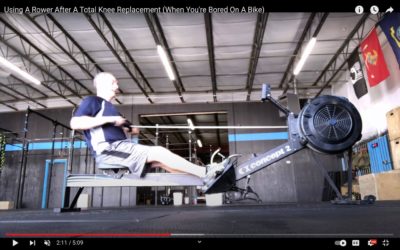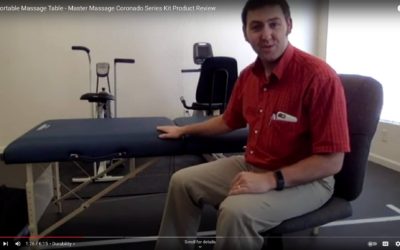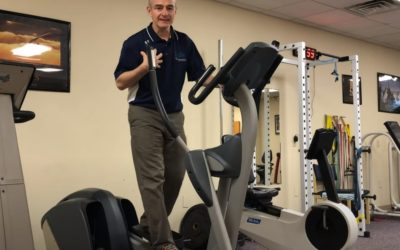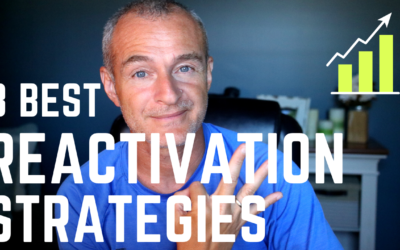Buying a physical therapy practice vs starting one from scratch.
Buying a physical therapy practice seems like a shortcut to success.
You have a proven business that is earning a profit and has referral relationships in place. What could go wrong?
Related Article: How much does Medicare pay for physical therapy?
Great Therapists Don’t Often Make Great Business Operators
The reality is, there is a difference between a business owner, a business operator, and a therapist.
Each classification requires different skills and those skills don’t always transfer across domains.
What Is A Business Operator?
A business operator is a person in charge of day-to-day operations. This person needs to be a great communicator. This person needs to enjoy working with a team, and getting to know people and needs to feel good about supporting the clinical staff, the administrative staff, and everyone else working for the physical therapy practice.
Operators are not visionaries. They must possess a solid understanding of the business’s mission and they must have the capacity to execute on the business’s growth plan.
What Is A Founder?
A founder is a person who sees a problem that needs to be solved. A founder is a person who wants to create something from scratch.
The founder of any business establishes the mission and culture of the business whereas an operator maintains and supports that mission and culture.
Are You A Founder, Operator, or Therapist?
While there is nothing wrong with wanting to be a great therapist, many complications and frustrations arise when a person who wants to be a great therapist finds herself trying to fill the role of founder or operator.
One of my favorite books is The E-Myth Revisited by Michael Gerber. In this book, Michael shares a story about a baker who decides to start a bakery. She believes that owning the bakery will allow her to do what she loves and earn more income in the process.
What she realizes is that owning a bakery and being a baker are two full-time jobs and very different full-time jobs at that. Throughout the story, she learns the difference between being a technician who works in the business and a strategist who works on the business.
Benefits of Starting a Physical Therapy Practice
1. Starting a physical therapy practice allows you to grow slowly and develop new skills.
Starting a business from scratch is all about learning lessons through trial and error. When we started our first physical therapy practice we made mistakes, some big and some small, but since we started with nothing, those mistakes were not too costly.
Starting from nothing allowed us to take our lumps in the first 6 to 18 months without worrying too much.
2. With no established relationships we were able to create our own story.
Since nobody knew us and the business had just started we were able to build our own narrative. Changing the culture of an existing company is tough. Establishing the culture of a new company is easy.
Referring physicians and other local businesses were open to new ideas about who we were and what we could provide.
3. Slow start allowed us time to invest.
For the first 6 months, we hardly had any new patients. This may have been hard financially, but it energized us to use every free minute to build relationships with referral sources and go out to establish roots in the community.
If we were busy right from the start we would have been too busy working in our business to work on our business.
Related Article: 3 Biggest Challenges in Marketing Mobile Therapy
Benefits of Buying a Physical Therapy Practice
If you have experience operating a business or owning a business and hiring operators, then it is most likely to your advantage to buy a physical therapy practice.
1. Instant Revenue
Buying a physical therapy practice that already has patients and is already generating revenue makes financing a lot easier. Some purchase agreements include outstanding accounts receivables while others do not.
When we sold one of our physical therapy clinics we did not sell the existing accounts receivable so the buyer had to finance the purchase and operations until enough time elapsed that the existing patient caseload was generating claims and those claims were paid.
2. Instant Team
One of the hardest aspects of growing a physical therapy practice in 2022 is talent acquisition. Hiring physical therapists and physical therapist assistants is tough. They are in high demand and expect to receive high compensation.
When a therapist switches jobs, that therapist isn’t usually willing to accept lower compensation in the new job so a 5% to 10% pay increase is not uncommon.
Buying an existing physical therapy practice includes the existing staff which may result in a cost savings of $10,000 per therapist per year when compared to hiring new therapists.
3. Proven Track Record
Buying an existing business provides the buyer with a proven track record. Even if the business has been doing poorly, you will know before you buy if you can improve the business or not.
And even better, a business that is doing poorly will have a lower price than a business that is doing well. If you can bring a competitive advantage to the business you buy then you can really accelerate the growth of that established business rather than starting from scratch.
Should You Buy A Physical Therapy Practice
When a therapist with no history of business owner thinks “I will buy a physical therapy practice.” it is usually because they lack the knowledge and skills to start a physical therapy practice.
While starting a physical therapy practice and owning a physical therapy practice do require different skillsets, buying an existing physical therapy practice is rarely a solution for someone who has never owned and operated a business like that.
Do You Know How To Own A Business?
Owning a business requires a specific skillset. Owning a business is not the same as being a therapist. Owning a business means your customer is your staff. Your staff’s customer is the patient.
Owning a business requires an understanding of management, team building, hiring, firing, accounting, etc.
Owning a business requires you to be strategic AND tacticle.
These are skills that can be learned, but it takes time and focused effort.
Benefits of Starting a Physical Therapy Practice from Scratch
When a therapist starts a physical therapy practice from scratch it gives you the opportunity to develop your skills more gradually.
It might take 3 years to get to the same level you would have been if you purchased a physical therapy practice, but those three years were needed to develop your leadership / ownership skills.
Who Should Buy A Physical Therapy Practice?
The ideal candidate for buying a physical therapy practice is a person who has a proven track record of owning a successful business.
This person understands finance and how to build a team.
This person has stable financial backing and is capable of identifying unrealized opportunities in the physical therapy practice being purchased that will quickly turn into realized profits.
Financing the purchase of a physical therapy practice.
If I were to buy a physical therapy practice for $300,000 at a 7% interest rate and 60-month loan I would be paying approximately $6,000 per month for this purchase.
I would expect the current operating income to pay the cost of this loan over the term of the loan.
Then, because I would be adding value and growing the revenue of the physical therapy practice, I would start to capture a profit in the first 6 to 12 months as my new initiatives roll out.
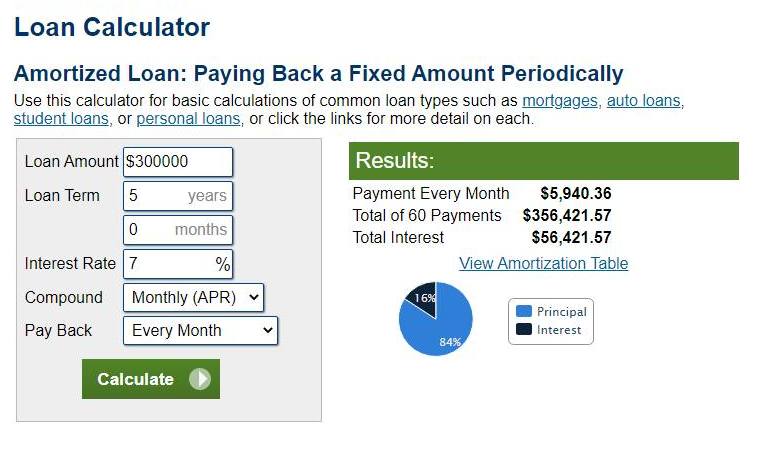
Financial Estimates
Assuming a single new patient referral has a value of $1,000 and the physical therapy business can handle 6 new patient referrals per month without increasing operational expenses then I could effectively purchase the existing practice at no out-of-pocket cost to me if I possess a system to increase new patient referrals by 6 additional new patients per month.
Summary:
- Don’t buy a business if you have never owned a business before.
- Owners, Operators, and Therapists are different roles and request different skill sets.
- Buying a physical therapy practice can be a shortcut to success if you are adding value to the existing business.
How to Choose the BEST Rowing Machine for Home Use After Physical Therapy 2022
I am not going to recommend which rowing machine to buy. Instead, I am going to tell you how to choose the best rowing machine for home use after you have been discharged from physical therapy. Whether you have had shoulder surgery, hip or knee surgery, or even back...
Best Lightweight Portable Massage Table for Mobile Physical Therapy 2022
In this article, I will share my recommendations for choosing the best lightweight portable massage table for mobile physical therapy service providers.Best Lightweight Portable Massage Table for Physical Therapy Criteria Specifications: Weight, Height, Length, Width,...
How to Choose the BEST Elliptical Machine for Home Physical Therapy 2022
This article should help you know what features to look for when buying an elliptical trainer for home use. How to Choose the Best Elliptical Machine for Home Physical Therapy. The photos and links are to elliptical trainers I have purchased and used myself within my...
Home-Based Outpatient Physical Therapy vs Home Health Physical Therapy in 2022
Did you know that Medicare Part B specifically pays for a licensed physical therapist to treat Medicare beneficiaries in the patient's home without a brick-and-mortar clinic? What is home-based outpatient physical therapy? A home-based outpatient physical therapy...
3 Best Reactivation Strategies to Get Physical Therapy Patients Back in your Clinic
What is a Reactivation Strategy? Reactivation strategies are systems to help a physical therapy clinic stay in touch with discharged patients. Depending on your patient demographic, discharged patients will likely need your services again in the future. Developing a...
